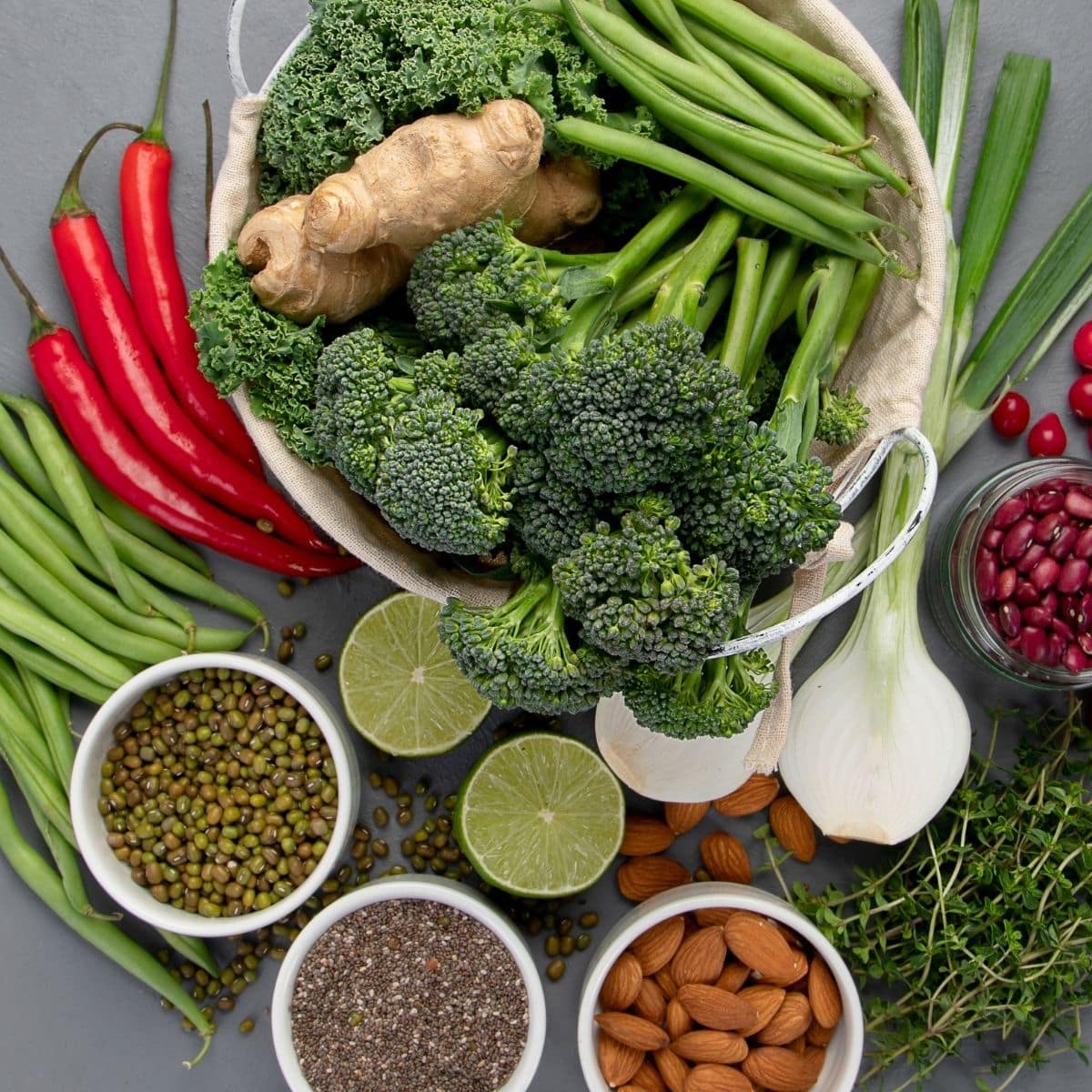
What You Eat Affects How Well Your Kidneys Filter Everything
Your kidneys don’t choose what to filter — your food does.
Salt, sugar, protein, fluids — they all send instructions.
They decide how hard your kidneys need to work.
Not all stress comes from big meals or fast food.
Even healthy diets can turn harmful without balance.
And kidneys usually stay quiet until the damage is done.
Salt, Sugar, Protein, Fluids — They All Send Instructions
Sodium keeps sneaking in unnoticed.
It lives in snacks, sauces, and even cereal.
Too much sodium pulls water into your bloodstream.
That raises pressure and makes kidneys work harder.
Your filter system becomes overwhelmed slowly, not all at once.
Reading labels helps more than you think.
Your Filter System Becomes Overwhelmed Slowly, Not All at Once
Cutting salt doesn’t mean losing flavor.
Use lemon, herbs, and garlic instead of salt.
Home cooking is your biggest advantage.
Restaurant meals hide more salt than expected.
One tablespoon of soy sauce can tip your whole day.
But a simple swap makes recovery easier.
One Tablespoon of Soy Sauce Can Tip Your Whole Day
Sugar comes second, but its damage spreads deeper.
High blood sugar hits kidney vessels silently.
It scars them from the inside out.
Processed sweets, sodas, energy drinks all feed that process.
You won’t feel the damage right away.
But your kidneys will, long before symptoms appear.
You Won’t Feel the Damage Right Away
Skip fruit juice. Eat the whole fruit.
Fiber slows down sugar, giving your body a chance.
Pair carbs with protein or fat to control spikes.
A sweet breakfast without protein strains your system.
Your kidneys prefer slow digestion and fewer surprises.
It’s not about sugar itself — it’s about the speed.
Your Kidneys Prefer Slow Digestion and Fewer Surprises
Protein sounds healthy, but too much creates waste.
Kidneys remove that waste every single day.
Red meat builds more byproducts than plants.
Too much forces kidneys into overdrive.
Moderation protects better than cutting it all.
More isn’t always better when it comes to protein.
More Isn’t Always Better When It Comes to Protein
Try lentils, tofu, beans — easier to break down.
Even eggs are less demanding than beef.
Not everyone needs the same amount daily.
Your body type and activity level affect that.
A dietitian can tell you more than a calculator.
Guessing won’t protect your kidneys.
Guessing Won’t Protect Your Kidneys
Phosphorus doesn’t show up on taste buds.
But it builds quietly in the body.
Too much damages bones and blood vessels.
It hides in processed meats, colas, and packaged snacks.
Your kidneys usually flush it out — until they can’t.
Then it accumulates, slowly turning toxic.
Your Kidneys Usually Flush It Out — Until They Can’t
Potassium works the same way.
Bananas, potatoes, tomatoes sound healthy — and they are.
But too much potassium becomes dangerous when kidneys slow down.
Blood potassium spikes can affect your heartbeat.
People with kidney problems need limits, not restrictions.
A small portion makes a safer impact.
A Small Portion Makes a Safer Impact
Hydration supports filtration. But more water isn’t always better.
Some people flush out too much sodium.
Others overhydrate, creating pressure inside already fragile kidneys.
Listen to your thirst. Drink with intention.
Don’t force gallons just because it sounds healthy.
Balance matters more than volume.
Don’t Force Gallons Just Because It Sounds Healthy
Clear urine doesn’t always mean healthy kidneys.
Color is one sign — not the only one.
Frequency, pressure, and clarity all play roles.
If your habits change suddenly, get checked.
Kidneys speak through small shifts, not loud symptoms.
Stay aware of their quiet signals.
Kidneys Speak Through Small Shifts, Not Loud Symptoms
Limit caffeine. It speeds up fluid loss.
Coffee, tea, energy drinks don’t count as hydration.
They work against your kidneys when consumed constantly.
Alcohol stresses the kidneys, especially with dehydration.
Drink water between alcoholic drinks if possible.
Your kidneys work harder than you think.
Your Kidneys Work Harder Than You Think
Avoid daily painkillers unless your doctor says otherwise.
Ibuprofen and naproxen stress filtration over time.
Even supplements can create long-term issues.
Herbal teas and powders often seem harmless.
But kidneys filter them just like prescriptions.
Natural doesn’t mean safe for your organs.
Natural Doesn’t Mean Safe for Your Organs
Stick to fresh foods when possible.
Frozen vegetables without sauces are better than canned ones.
Avoid deli meats, boxed pasta mixes, and packaged snacks.
A homemade sandwich is usually better than a store one.
Control helps more than perfection.
Start with one change, then add another.
